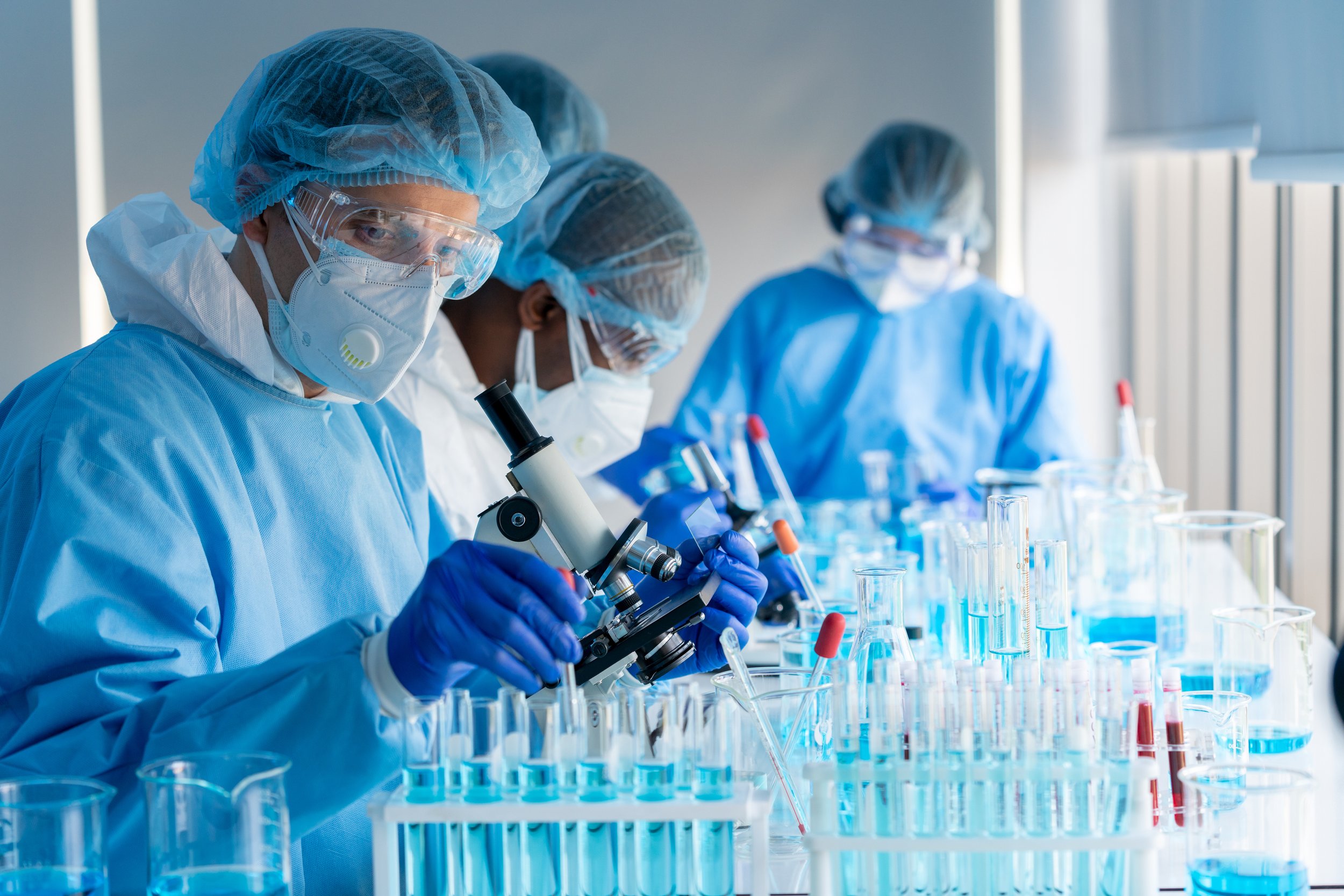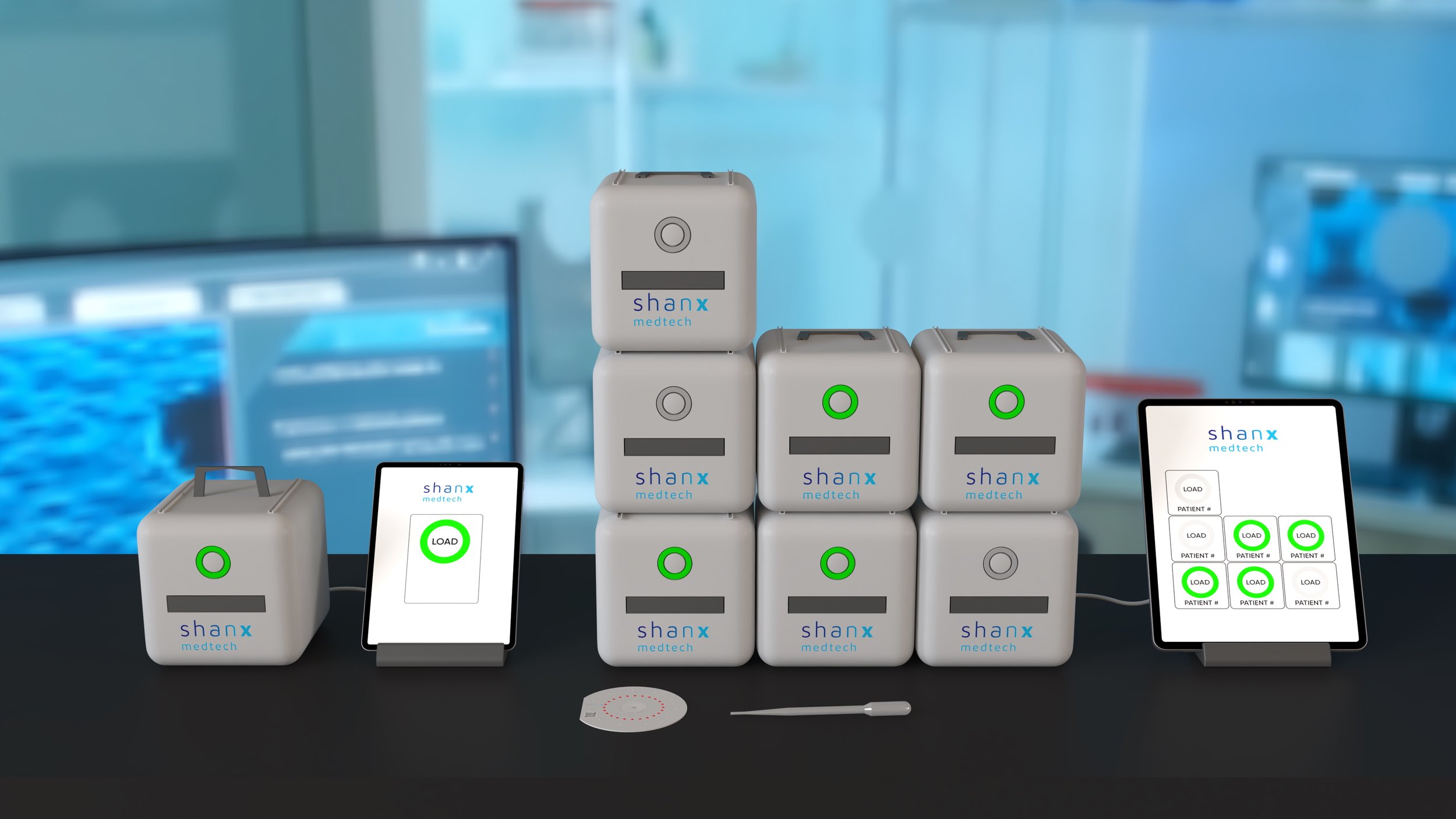
AMR-Global
Global solutions to curb
antimicrobial resistance
AMR-Global News
-
Consortium plans to ‘jointly move forward’ at annual meeting
-

ShanX Medtech CEO Sophia Shanko Envisions a Test-Before-Treat World
-

AMR-Global Hosts 5th Annual Consortium Meeting together with GLORIA Program Updates














